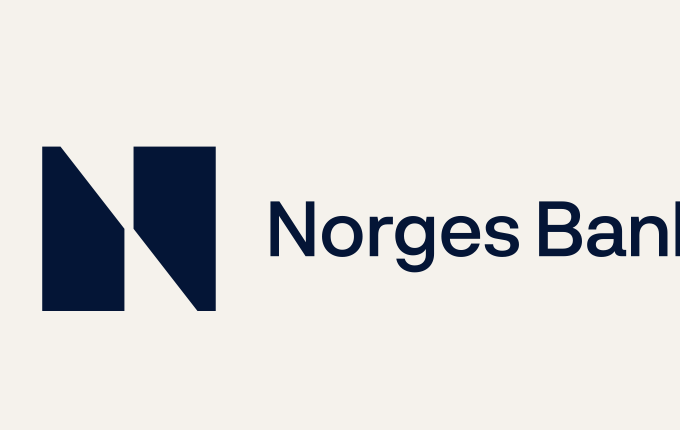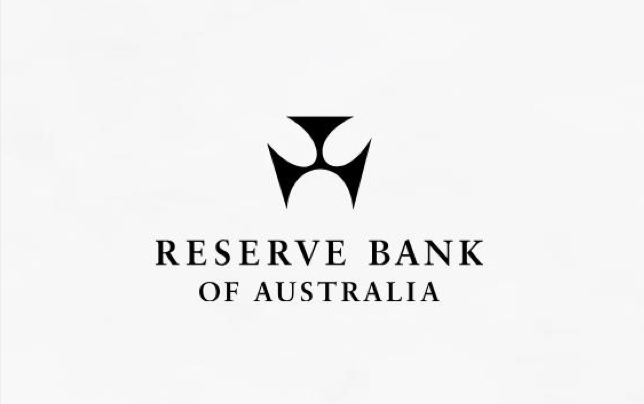The current boom in fintech is rapidly changing the financial services industry and the way we manage our finances. Mobile banking, low-cost online money transfers, budgeting apps, cryptocurrencies, digital payments have all been recent developments out of the fintech sector. However, it is not only the ways we bank and handle payments that are changing. The way we invest our money is also transforming.
In this post, you will be introduced to three new ways through which the fintech sector enables us to invest our money.
Robo-Advisors
An entirely new form of managing your financial investments comes from so-called ‘robo-advisors’. Robo-advisors are online wealth management companies that offer automated algorithm-based investment portfolio construction and investment advice without the need of a human financial advisor.
To invest using the help of a robo-advisor, investors sign up to their online platform with their personal details and fill out a risk assessment questionnaire to determine one’s risk classification. Once the risk assessment is complete, the robo-advisor’s algorithm computes a diversified low-cost ETF-based portfolio. ETFs (exchange-traded funds) are investment funds that track the performance of an underlying basket of securities, such as the FTSE100 UK stocks index. If the investor is happy with the portfolio and its expected risk/return profile, funds are deposited in the account and the robo-advisor invests the money in the prescribed portfolio for the investor.
Furthermore, robo-advisors will automatically rebalance portfolios to accommodate market developments and all for a substantially lower fee than independent financial advisors or fund management companies. Therefore robo-advisors are becoming increasingly popular with younger smart-phone savvy investors who are used to doing ‘everything’ online and those who prefer a hands-off approach to long-term investing.
Leading robo-advisors in the UK include NutMeg, MoneyFarm, Wealth Horizon and Fiver A Day.
D.I.Y. Online Trading
Alternatively, to investing using a robo-advisor, individuals can also invest in the financial markets, using a ‘do-it-yourself’-approach through the use of online brokerages. Online brokerages offer low-cost access to a wide range of financial securities and geographical markets, which have previously only been available to institutional investors and ultra-high net worth individuals.
According to Mark Priest, Head of Index & Equity Market Making atETX Capital, “small investors are increasingly looking to take control of their financial investments and no longer want to rely on the guidance of costly financial advisors. With the emergence of low-cost online brokerages, small investors can now invest in stocks, bonds, commodities, currencies and indices without having to go through a traditional financial intermediary, such as a bank or fund management company.”
Leading UK-based online brokerages include IG Markets, ETX Capital and Interactive Brokers.
Peer-to-peer Lending
Another brainchild of the fintech sector that is changing the way we invest is peer-to-peer lending. Peer-to-peer lending refers to borrowing and lending of funds on a peer-to-peer basis. In other words, SMEs, start-ups and individuals can receive debt funding from a wide range of private individuals through the use of online peer-to-peer lending platforms. The lenders, on the other hand, can generate high fixed income returns on their peer-to-peer loans, as they carry a higher risk than traditional fixed income securities, such as gilts or corporate bonds. Due to the current low interest rate environment in the bond market, investors are increasingly looking at peer-to-peer loans to generate higher yields.
Investors are now also able to invest their money into a peer-to-peer ISA to receive tax-free returns on their peer-to-peer investments as regulators have acknowledged the benefits of this new form of investing, due to its positive impact on SME lending.
The largest peer-to-peer lenders in the UK include Funding Circle, Zopa and RateSetter.
First appeared at HP




